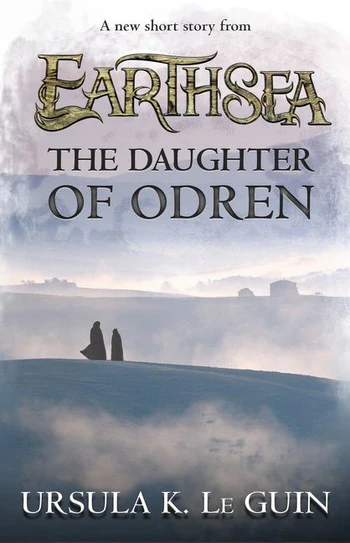Snap decision to borrow this at the library today.
User Profile
I'm David, a queer Fennoscottish physicist who never has enough time to read.
Find me also at @davidjamesweir@mementomori.social.
This link opens in a pop-up window
David Weir's books
User Activity
RSS feed Back
David Weir started reading Secret to Superhuman Strength by Alison Bechdel
David Weir finished reading How to Read Water by Tristan Gooley
David Weir started reading Women on Nature by Katharine Norbury
David Weir started reading How to Read Water by Tristan Gooley
David Weir finished reading Wild Fell by Lee Schofield
Most enjoyable book. I particularly enjoyed the chapter about re-wiggling Swindale Beck and how immediate the results were in terms of salmon redds and other features. Furthermore, in that chapter, the author quotes from the book How to Read Water by Tristan Gooley – which I decided to read next as it sounds both interesting and relaxing...
(To paraphrase the idea: if one notices a river is straight for a length ten or more times its width, one can infer that the river has been artificially straightened.)
Most enjoyable book. I particularly enjoyed the chapter about re-wiggling Swindale Beck and how immediate the results were in terms of salmon redds and other features. Furthermore, in that chapter, the author quotes from the book How to Read Water by Tristan Gooley – which I decided to read next as it sounds both interesting and relaxing...
(To paraphrase the idea: if one notices a river is straight for a length ten or more times its width, one can infer that the river has been artificially straightened.)
David Weir wants to read Yellowface by R.F. Kuang
David Weir stopped reading Mathematics made difficult by Carl E. Linderholm
Reading this is too much like work… 😅
David Weir started reading Wild Fell by Lee Schofield
David Weir finished reading All Systems Red by Martha Wells (The Murderbot Diaries, #1)
I had wanted to read some of the Murderbot Diaries series for a long time, but the upcoming TV show (and discussions about the casting) made me want to read it for myself. The setting and themes to me feel very camp, and I think it might be the first camp sci-fi I've knowingly read. It also feels queer-coded.
I'm a bit confused, just like Murderbot: I can't quite separate whether it's more camp or queer-coded.
In any case I really enjoyed it and hope to read subsequent books.
I had wanted to read some of the Murderbot Diaries series for a long time, but the upcoming TV show (and discussions about the casting) made me want to read it for myself. The setting and themes to me feel very camp, and I think it might be the first camp sci-fi I've knowingly read. It also feels queer-coded.
I'm a bit confused, just like Murderbot: I can't quite separate whether it's more camp or queer-coded.
In any case I really enjoyed it and hope to read subsequent books.
David Weir wants to read Countess by Suzan Palumbo
Gersande La Flèche wants to read Countess by Suzan Palumbo
Wait, the key words used to describe this are incredible:
queer, Caribbean, anti-colonial sci-fi novella, inspired by the Count of Monte Cristo
DANG I want to read this. @leifur have you seen this?!
David Weir started reading Wind's Twelve Quarters by Ursula K. Le Guin
David Weir finished reading The Daughter of Odren by Ursula K. Le Guin (Earthsea Cycle, #Short 1)

The Daughter of Odren by Ursula K. Le Guin (Earthsea Cycle, #Short 1)
The Daughter of Odren is a short story of betrayal and revenge set in the world of Earthsea, in which …
David Weir finished reading The Other Wind by Ursula K. Le Guin

The Other Wind by Ursula K. Le Guin, Ginger Clark
"The sorcerer Alder fears sleep. He dreams of the land of death, of his wife who died young and longs …












